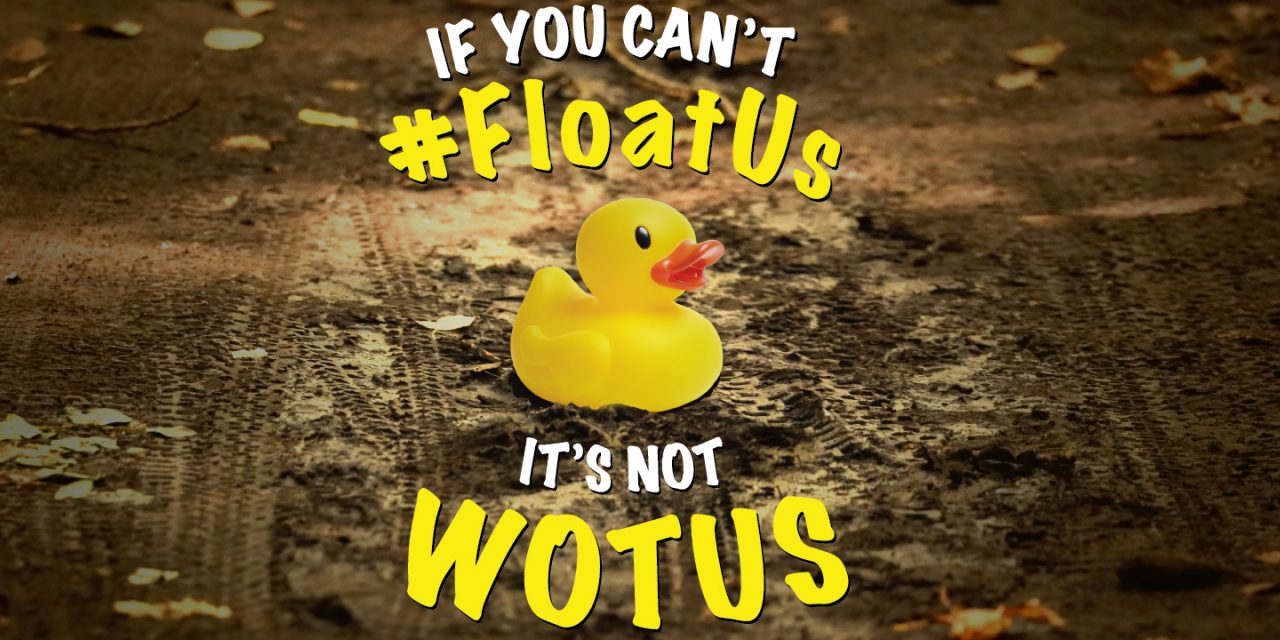Overregulation has been claimed so often over the past decade that the charge now frequently falls upon deaf ears. Regulatory proponents usually assert that the specter of overregulation is largely a myth – a widely-held belief that tells a good story, but the closer you get the harder it is to find.
But true overregulation does exist; we have seen it in real life. Perhaps the most egregious example of government overreach in recent times was the “Waters of the United States” rule that President Obama first proposed in 2011 and finalized in 2015. Known as WOTUS, this rule sought to expand the definitions of “Waters of the United States” and “navigable waters” to include far more than the previous definition and bring millions more acres under federal government regulation.
Rather than limiting the scope of its power to major waterways in keeping with landmark rulings by the U.S. Supreme Court, the Environmental Protection Agency (EPA) extended the definition to waters “adjacent to” navigable waters, and even to areas with a “significant nexus to” those waters. This fuzzy and vague definition resulted in over 99 percent of Missouri being defined as “Waters of the United States,” and thus subject to EPA regulation. This could have allowed EPA to require landowners to ask governmental permission before doing almost any ordinary activity on their own land, even if it is almost always completely dry – something unjustified by science, completely impracticable to enforce, blatantly against the original intent of the law and totally contrary to American tradition.
Thankfully, a more logical view prevailed, as legal action stayed the WOTUS rule to keep it from going into effect, and last spring President Trump announced his intention to re-write the rule and keep it within the boundaries of the law. The EPA is now considering the comments it received on its proposal to withdraw the old rule and is expected to announce a final decision this spring.
Farm Bureau supports the withdrawal of the old rule and crafting a new rule that provides clarity and common-sense guidance to landowners. A new nationwide Farm Bureau social media campaign involving a child’s rubber duck puts it more simply: “If you can’t #FloatUs, it’s not #WOTUS.” Dry land should not be defined as “navigable water” – allowing it to be defies all common sense. If environmentalists want to expand the law, they should do it the right way: convince enough Congressmen to vote for your proposal, don’t just try to twist the plain language of existing law into a pretzel to get your way.


